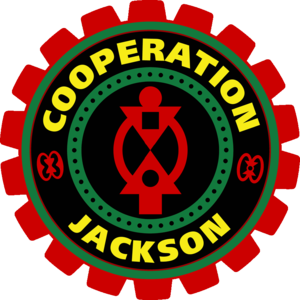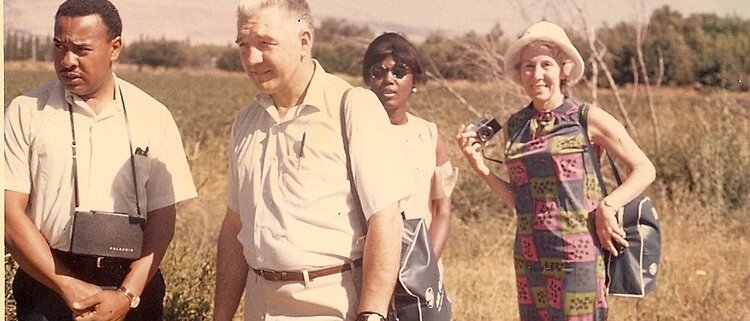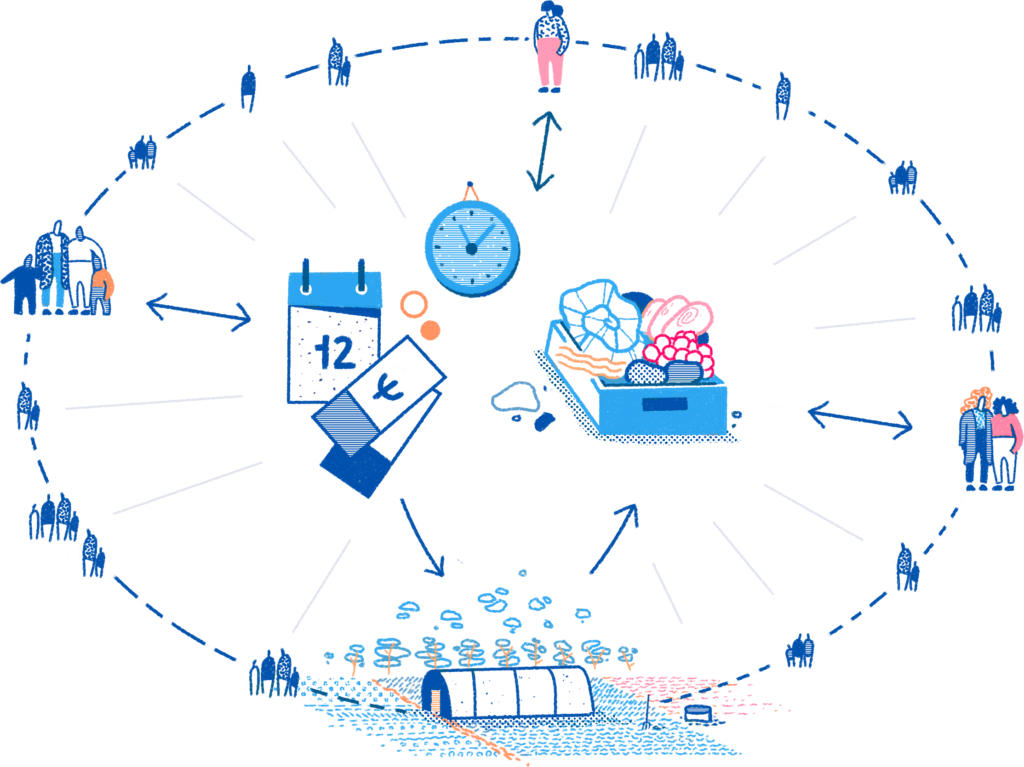Community Economies
I intend this blog post to start a conversation about organizing community economies in communities that I know and live in. Be aware that I have no experience with land trusts or Solawis, altho I know people who do. So what follows is guesswork.
Recently I found a Community Economies organization
I've been talking a lot about this topic here and elsewhere. Along the way, I found an organization that might be way ahead of me, at least in some directions: http://communityeconomies.org/
This page explains their approach (which I like a lot): http://communityeconomies.org/about/community-economies-research-and-practice
They say,
...this approach challenges three problematic aspects of how “the economy” is understood: seeing it as inevitably capitalist, assuming that it is a determining force rather than a site for politics and transformation, and separating economy from ecology.
I agree with every word of that.
I want to contact them and ask some questions, but thought I'd write this introductory post first.
Community Economies' definition of “Economy”
In conventional usage, economy often refers to a system of formal commodity production and monetary exchange. Our use of the term is much broader. The “eco” in economy comes from the Greek root oikos, meaning “home” or “habitat”—in other words, that which sustains life. The “nomy” comes from nomos, meaning management. We view economy as referring to all of the practices that allow us to survive and care for each other and the earth. Economy, understood this way, is not separate from ecology, but refers to the ongoing management—and therefore negotiation—of human and nonhuman ecological relations of sustenance.
Yet again, I fully agree. Lynn Foster and I collaborate on https://www.valueflo.ws/ . Lynn's mother, who lived to 99, was an institutional economist, as was her father. Her mother told me that economics is about provisioning: providing the needs of people and their environment. It's not about money.
Today I found another Community Economics organization...
...even more exiting, because they are deep into Community Land Trusts (more about them below), and they are coming out of Cooperation Jackson. And I'll write a bunch more about them below, too. Cooperation Jackson is a model for the kind of community economic system that I would like to help organize in our region.

The organization is the Institute for Community Economics of the National Housing Trust.
Community Land Trusts:

Some of the founders of the first Community Land Trust in Albany, Georgia
We know a local lawyer who has set up community land trusts, so he could help us if we want to do that. And I think we do want to do that. Usually they seem to be created for community housing, which is a great idea, and we will want some, but I'm also thinking about a community farm. And a Community Land Trust might be the best legal ownership form for a community farm.
An idea about community land trusts: a Community Solawi.
This is not real. Yet. I'd like to make it real. I think it could be the starting point for a more all-purpose community economy.
I wrote about Solawis here: https://write.as/economic-networks/a-fractal-economy
A Solawi is something like a Community-Supported Agriculture (CSA) farm, several of which we have around us, and we belong to a couple of them. But a CSA is still a private farm, operated by the owners, who make all the decisions. A Solawi is owned by its community, and run cooperatively.
As that blog post says, a Solawi has yearly meetings of all the members where they decide on what to grow this year and pledge money for the growing expenses.
And many of the Solawi members work on the farm:
From Solawi to whole community economy
My Solawi article transitioned to a related website about Community Supported Economies.
“Solawi...works according to the principle of sharing costs and harvest: A group of people forms a community and allocates the entire running costs of an agricultural operation to all members. This changes the relationship between consumers and producers – they share the risk and responsibility for the production of the food and the development of the organization. The products are no longer sold for a market price, but distributed to the members, because the running costs are already covered by the members' contributions.
“This principle can also be transferred to other areas – from a jointly funded health center to energy supply, crafts, gastronomy and creative services to providers of leisure activities.”

Are Mutual Aid Networks a basis for community economies?
They might be. Here's some Mutual Aid action in our region:
https://mutualaidnetwork.org/

I'll ask them what they think.
I have not finished this post yet, but I am sharing the link with a few people to get feedback. If you have read this far, what do you think of this set of ideas?
